Since the 1950’s, UBC has been the site of groundbreaking discoveries in understanding, diagnosing and treating a number of brain disorders and diseases. It is also home to Canada’s largest integrated research and treatment facility – the Djavad Mowafaghian Centre for Brain Health.
Today, more than 500 researchers continue to be at the forefront of brain research, pioneering their work around mental health and addictions, dementia, and movement disorders.
Skip to Stories
Discoveries
- 2017: Controversial treatment for MS found to be ineffective
- 2017: Link between vitamin A and Alzheimer’s disease
- 2017: Scientists create mouse that resists addiction
- 2016: Antibiotic restores brain cell communication damaged by Alzheimer’s
- 2015: Regular exercise can reduce risk of dementia
- 2012: Gene linked to Parkinson’s disease found
Key Research Groups
- BC Centre on Substance Use
- Brain, Behaviour & Development
- Centre for Research on Personhood in Dementia
- Djavad Mowafaghian Centre for Brain Health
- Dynamic Brain Circuits and Connections in Health and Disease cluster
- Edwin S.H. Leong Healthy Aging Program
- Institute of Mental Health
- Pacific Parkinson’s Research Centre
Spotlight

Motherhood changes the brain, possibly forever
Reproductive experiences may change the trajectory of women’s aging across the lifespan, finds new research from the Djavad Mowafaghian Centre for Brain Health.
Read more >

Disability progression in multiple sclerosis linked to income, education
The UBC study, led by Helen Tremlett, is the first of its kind.
Read more >
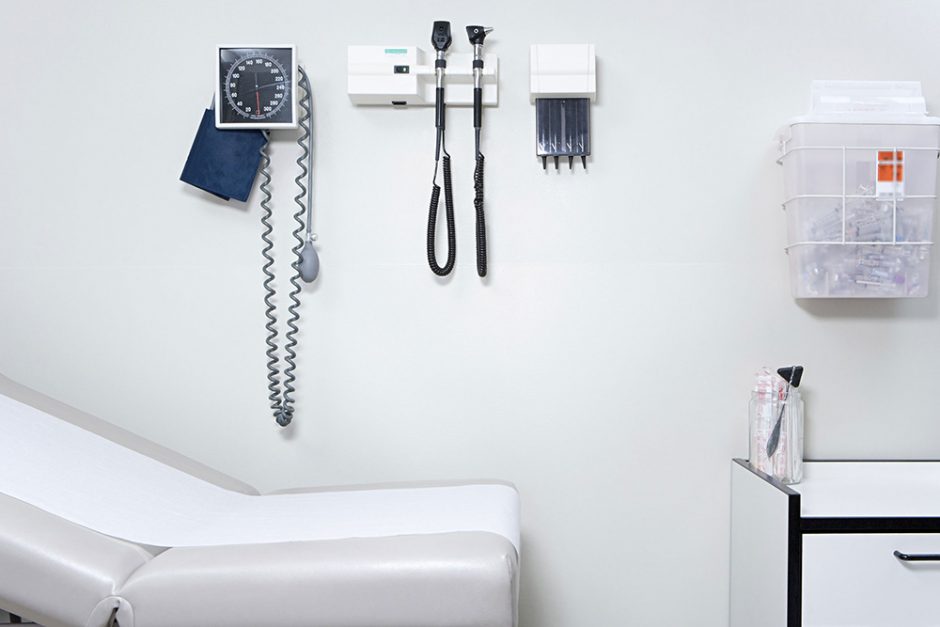
UBC researchers discover how blood vessels protect the brain during inflammation
Findings could lead to new treatments for neurodegenerative diseases
Read more >
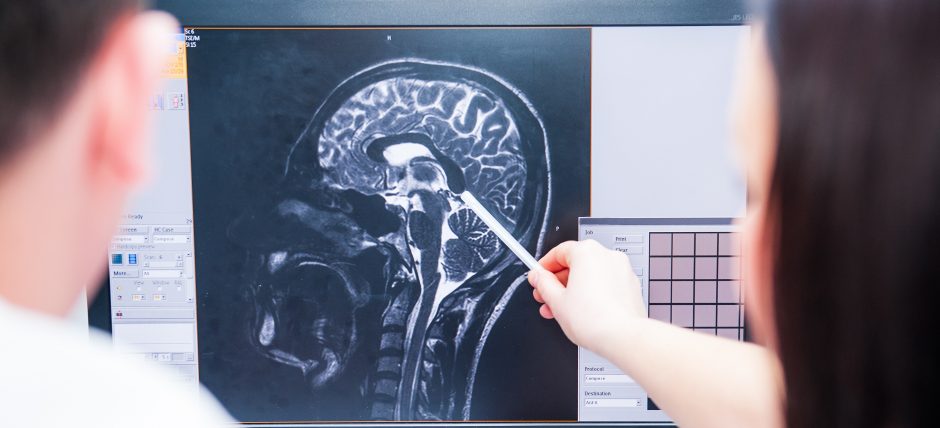
NFL gives significant funding to help youth ‘shred’ the burden of concussion
UBC researchers involved in groundbreaking pan-Canadian research program.
Read more >
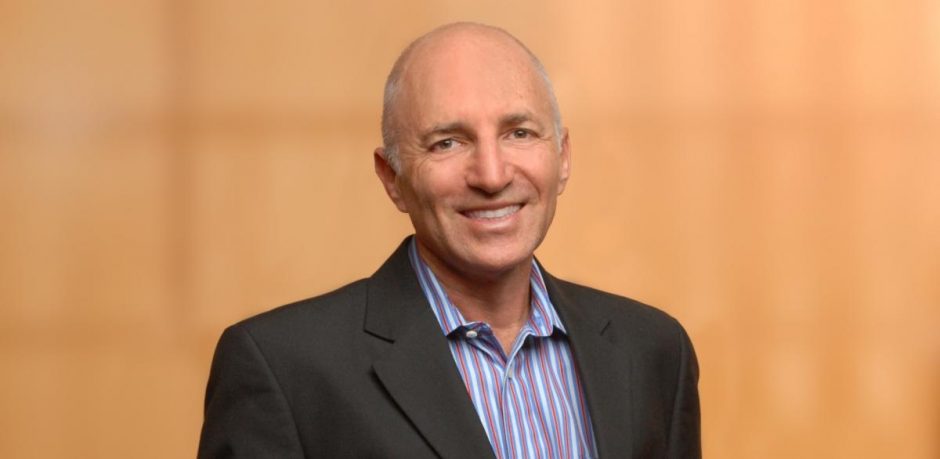
Lowering levels of Huntington disease-causing protein restores cognitive function in mice
After receiving pieces of DNA called antisense oligonucleotides, the mice also became less anxious and depressed.
Read more >

Child abuse could leave “molecular scars” on its victims
The researchers found a distinctive and significant difference in chemical tags on 12 regions of the genome.
Read more >

Concussions loosen insulation around brain cells
The loosening was detected two weeks post-concussion, when the players said they felt fine and were deemed ready to play.
Read more >
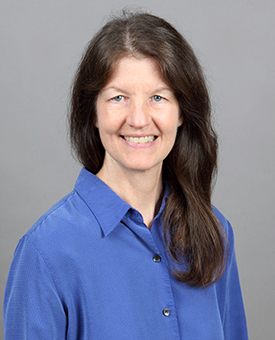
Sugar-like molecule points to new therapeutic path for autism and schizophrenia
Heparin sulfate, when bound to neurexin, a key synaptic protein, creates a sort of scaffold, strengthening neuronal connections.
Read more >
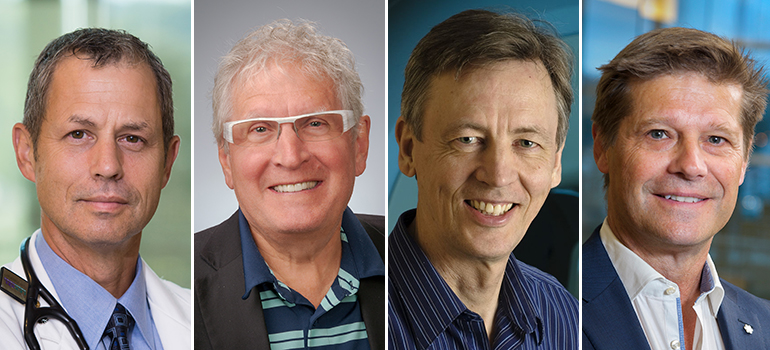
UBC bestows national prizes on Canadian health science pioneers
Andrew Krahn, Bruce McManus, Kullervo Hynynen and Martin Gleave are being honoured for their accomplishments in heart health, brain health and cancer.
Read more >
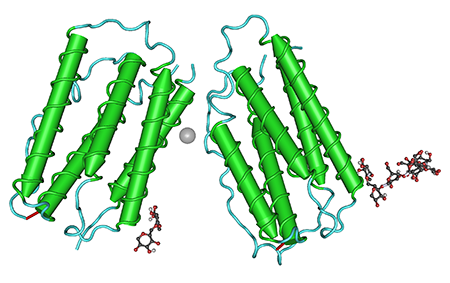
Genetic marker could spare MS patients from liver damage
The marker illustrates the potential power of precision medicine.
Read more >